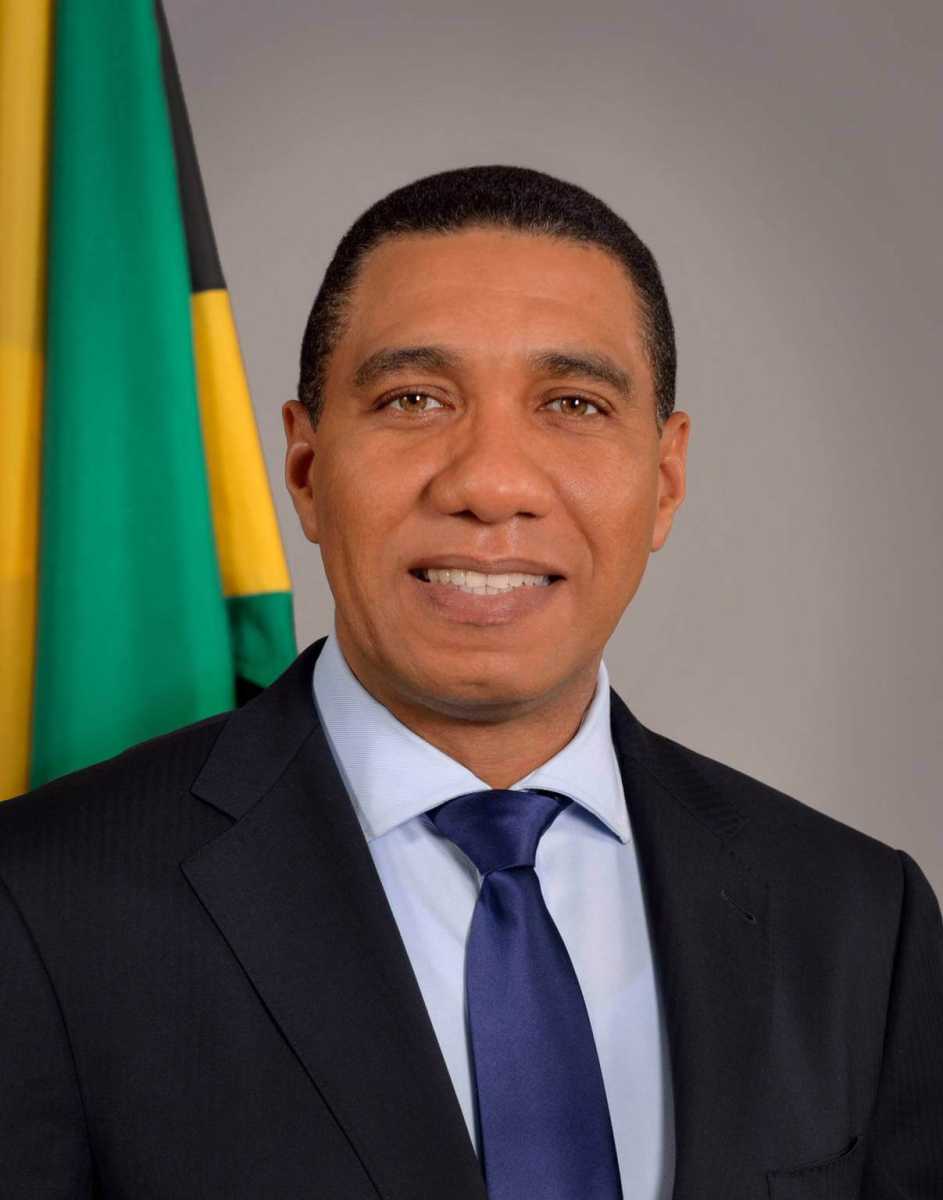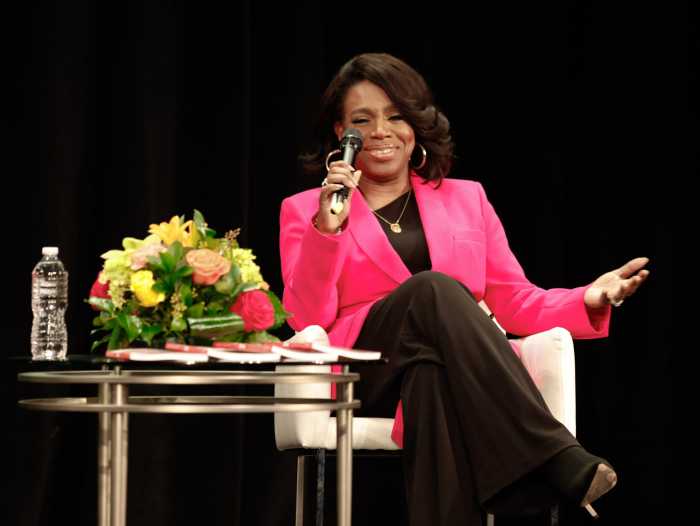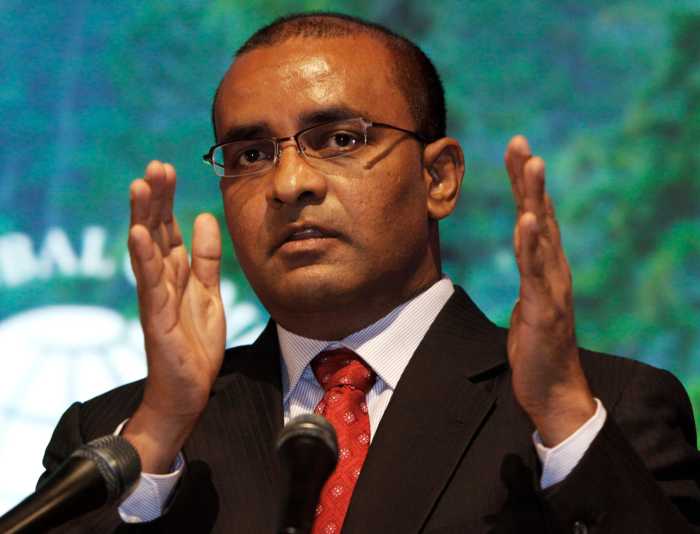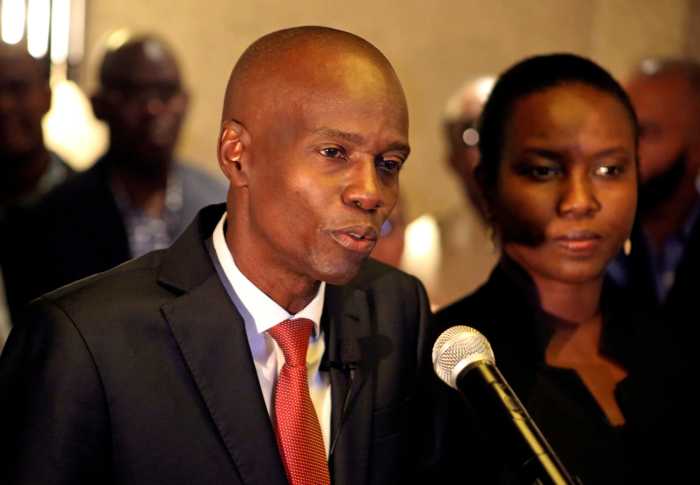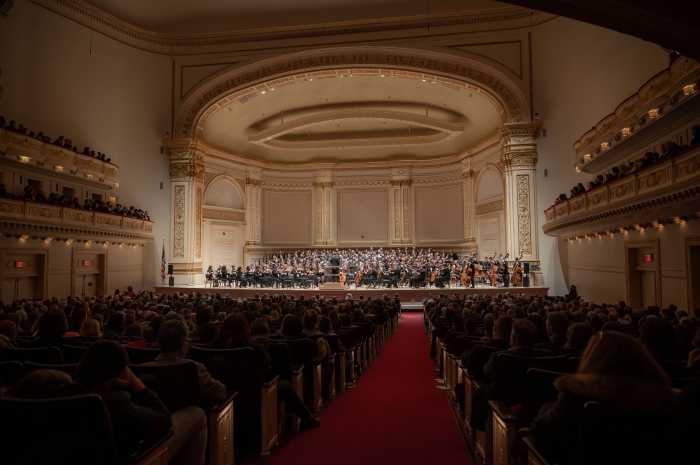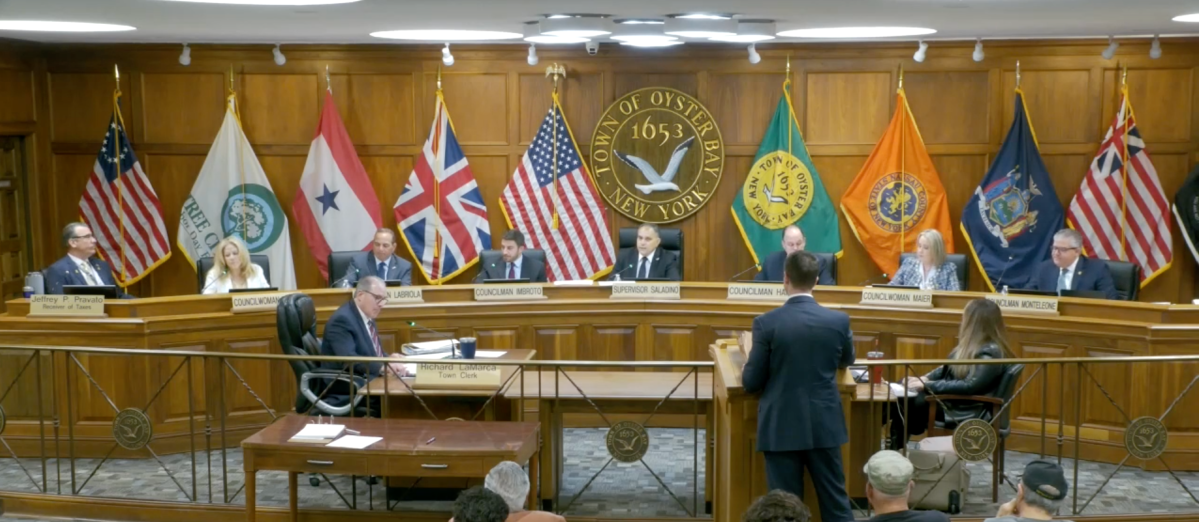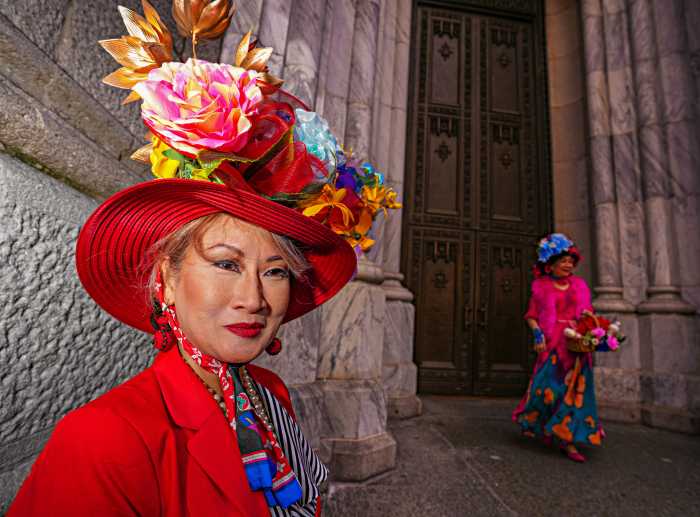It is becoming clear with each passing day that the ambitions of the governing Jamaica Labour Party (JLP) to switch the island to a republic and break with King Charles and the British monarchy by next year might not be achieved in short order as planned as a tough menu of processes has to be achieved.
Chief among them is the unenviable task of tabling the bill to in the 63-member lower house and have it remain by law on the table or in abeyance for three months before any debate can legally start on amending the deeply entrenched clauses in the constitution dealing with such matters.
Worse yet said senior counsel Hugh Small, is the normality of parliament breaking during August and reconvening after so debate is not expected to commence at least until the fall.
By then, however, the campaign for the next general elections would be in full swing and this is likely to be a major distraction.Additionally, both the house and the senate would have to record a two thirds vote to breakaway from Britain and even though the JLP and the main opposition Peoples National Party (PNP) both want Jamaica to become a republic, there are serious doubts about the road to republicanism.
By then, however, the campaign for the next general elections would be in full swing and this is likely to be a major distraction.Additionally, both the house and the senate would have to record a two thirds vote to breakaway from Britain and even though the JLP and the main opposition Peoples National Party (PNP) both want Jamaica to become a republic, there are serious doubts about the road to republicanism.
For its part, the PNP has made it clear that it’s legislators will not in any way support a vote to ditch the King and the monarchy if the Privy Council is retained as the island’s final court instead of the Trinidad-based Caribbean Court of Justice (CCJ).
As Attorney Small told the Gleaner newspaper, it makes no sense to have a half measure to become a republic and still have British law lords running the appeal section of the Justice system.
“You can leave Charles Mountbatten Windsor and his family who are the monarchy out of our constitution and still go to the Privy Council which is a court set up by the British parliament. It is mentioned in the Jamaica constitution but set up by the British parliament and is essentially the court of King Charles,”Small said.
The JLP has been trying to sell the idea of the switch to Jamaicans with out the regional court as phase one of the effort but this is emerging as a major stumbling block in the road away from London.
“PM Andrew Holness has never taken a position on behalf of the government on the question of the Privy Council and the CCJ,” Small said.
In the meantime, Legal Affairs Minister Marlene Malahoo-Forte announced this week that key aspects of the constitutional reform commission have been completed and recommendations for this phase of republicanism will be submitted to cabinet shortly.
” I am not at liberty at this time to go into details of the recommendations because there is a protocol and sequencing of the work that must take place and when we are calling for the rule of law to prevail, we have to curb our appetite for the leaks and wanting to hear ahead of time,” she said at a recent public forum.
Guyana, Trinidad, Barbados and Dominica are the republics in CARICOM. Of the others, Jamaica has done most to follow suit even as some of the remaining members say they plan to walk a similar road.


